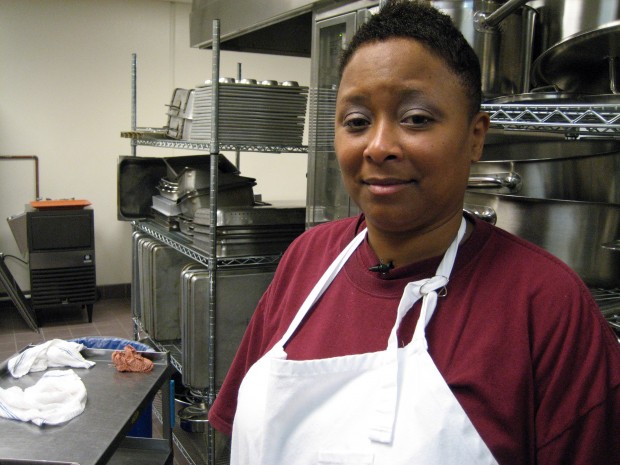The following is a video posted to YouTube that shows news coverage of federal agents invading a man's home because of his wife's student loan debt. Video posted by user XRepublicTV.
The Department of Education has been given police power of search and seizure under the Homeland Security Act in 2002. The American Bar Association (ABA) reported, "The Education Department purchased 27 Remington 12-gauge shotguns last year, saying they were needed to police waste, fraud and abuse involving federal education funds..."
The Department of Education stated this raid was carried out to investigate a case of student loan fraud, not defaulted student loans. (See Huffington Post Education News Article - 6/18/2013) It is unclear if fraud is defined as simply signing an agreement to repay and failing to do so, or if this is a case of false information being given. The Department of Eduction declines to comment further given this is an ongoing investigation.
According to the Household Debt and Credit: Student Debt presented on Feb. 28, 2013 by the Federal Reserve Bank of New York, the total amount of student loan debt owed in the U.S., as of the end of 2012, is $966 billion. If this is the trend of collection methods for the federal Department of Education, holder of Direct Loans and other federal loans, how many people could be next for the same treatment?
Questions relevant to sociological thought:
*given that we do not know what actions constitute fraud for the Dept. of Ed. in this case, these questions should be taken as points for conversation, not to conclude factual information.
- What are the implications for this level of criminalization for people who owe student loans?
- What inequalities may exist in the process of who is chosen for this type of collection/investigation?
- Can we see instances where people who have been convicted federally of corporate fraud have been subjected to this type of treatment? If not, why wouldn't they be subjected to this type of treatment?
- By these actions of our federal government, how is deviance being defined?
- Who is more likely to be overwhelmingly treated to these types of collection/investigation methods and why?
- Since these action are legal under the Homeland Security Act, what do you think is the recourse for recuperating damages caused by agents?
*Please post your answer to the following question in the comments section below.
- Overall, what is your opinion of this particular use of force by the federal government to collect student loan debts/investigate student loan fraud?

